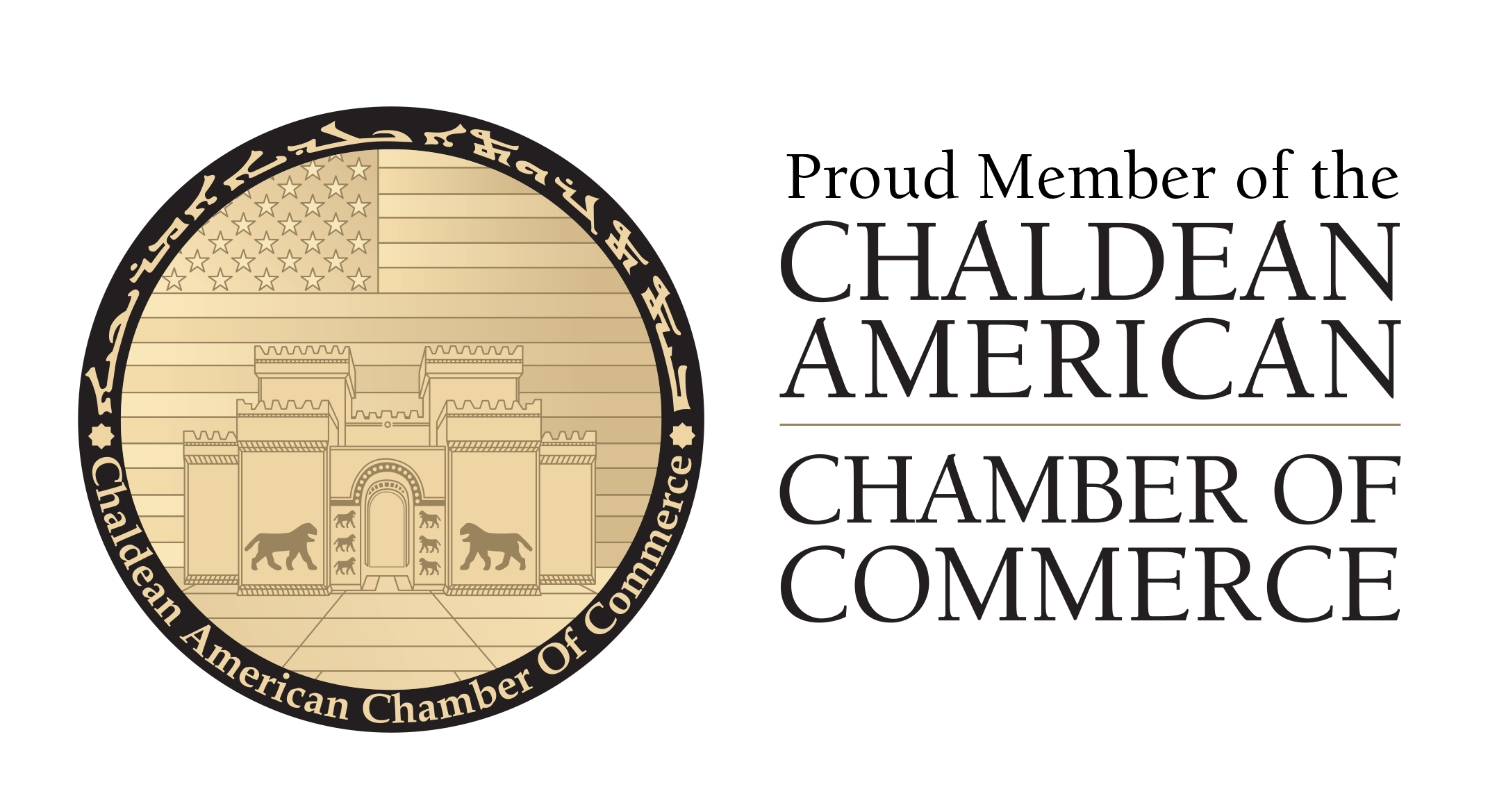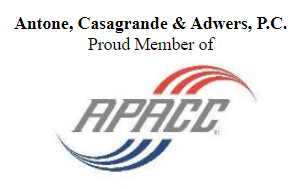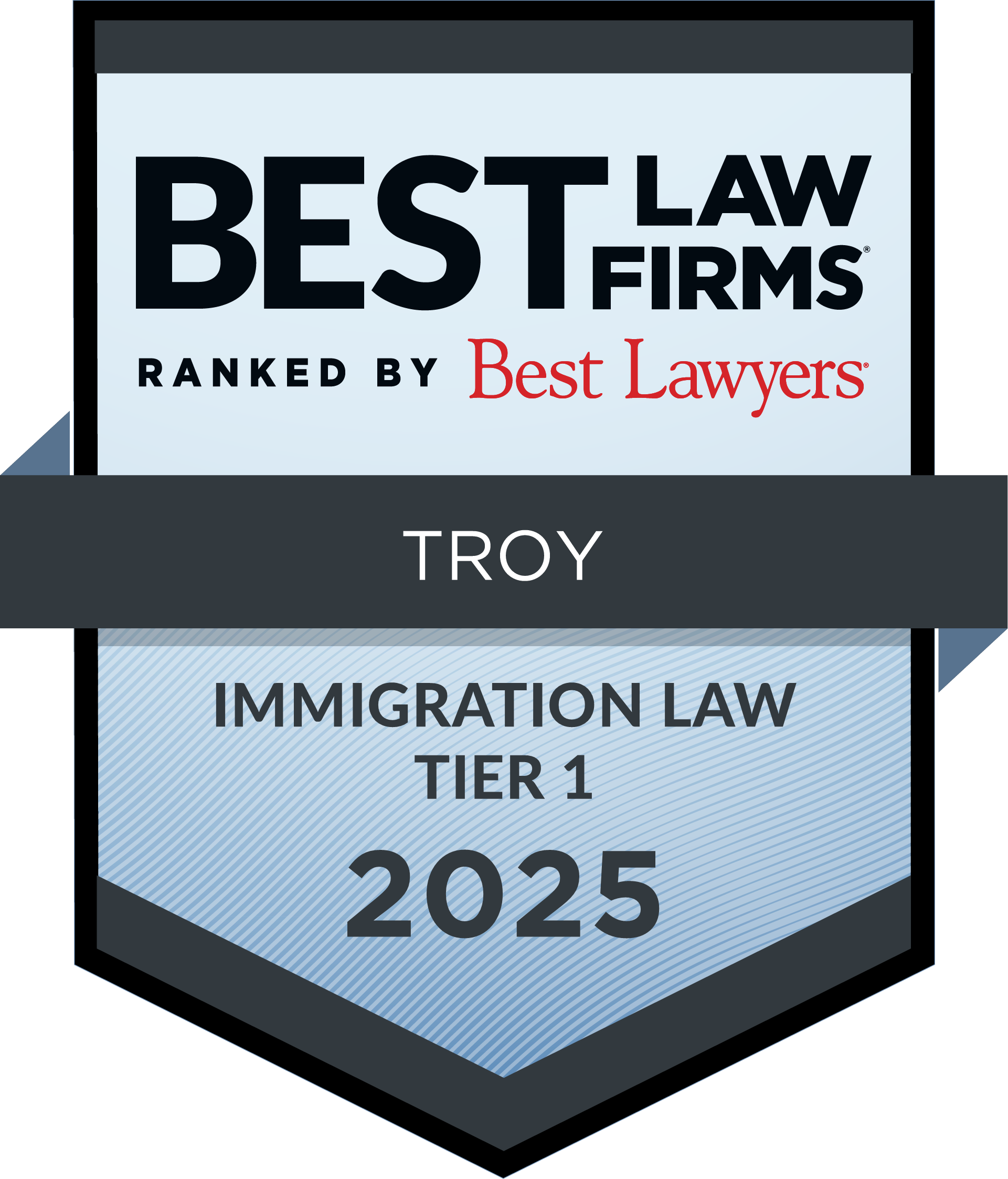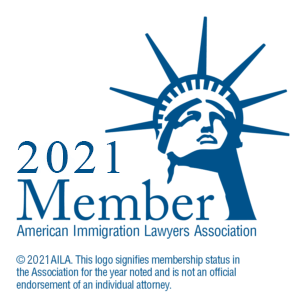Michigan Employment Visa Lawyer
United States Citizenship and Immigration Services (USCIS) issues hundreds of thousands of employment visas each year. Immigration law provides several paths for foreign workers to find employment in the United States.
The statutes and regulations applicable to employment visas focus primarily on educated and skilled foreign workers, supporting the United States economy by allowing degreed foreign workers to fill gaps in the market. However, employers who are seeking to employ foreign workers must carefully navigate the application process for the appropriate temporary or permanent classification, all of which operate on strict timelines and stringent requirements that can jeopardize the potential success of a petition if performed incorrectly or at the wrong time.
Foreign workers may be eligible for temporary or permanent status. There are 22 different classes of workers who may seek admission to the United States temporarily, and permanent employment visas may be available to those who meet one of the defined categories of preference. Our Michigan employment visa lawyers understand the intricacies in these laws and can work hard to help you find the avenue that best suits your situation. Additionally, our immigration attorneys can offer advice on what to include in a petition to create as strong an application as possible. Omission of even seemingly minor details can have a significant impact on the outcome of your application.
Securing Temporary Employment in the United States
There are several ways for a foreign national to obtain status as a temporary worker. In most cases, prospective employers must petition on behalf of the applicant to obtain a non-immigrant visa. H-1B visas comprise the largest group and apply primarily to foreign workers with baccalaureate degrees, as well as Department of Defense researchers. Individuals working in the United States on an H-1B visa can expect a temporary position for between three and six years in most cases, depending upon the details of their situation. Other temporary categories include treaty workers, individuals with extraordinary ability or achievement, intracompany transferee managers and executives or individuals with specialized knowledge, performers, registered nurses, agricultural workers, and foreign press. Experienced visa lawyers in Michigan can help to clarify the requirements of each section and offer guidance to employers who are considering sponsoring a foreign national.
Permanent Employment Visas and Categories of Preference
USCIS grants permanent employment visas according to five categories of preference. Each level differs in complexity and requirements, with higher levels generally reserved for positions mandating increased educational background or other stipulations. The processing time for permanent employment visas can differ depending upon the country of origin of the beneficiary, which is why compiling an accurate petition the first time is critical in order to avoid delays. In many cases, employers may seek to permanently hire foreign employees only if sufficiently qualified American employees are not available to fill the position. It is important to note that the hiring of a foreign worker must not result in the loss of a potential job for a U.S. citizen, and an employer is usually required to test the labor market to demonstrate this during the application process.
The first category of preference applies to those with extraordinary ability in one of several enumerated fields including the sciences, arts, education, business, or athletics, such as those with advanced degrees and demonstrable excellence in the field. The first preference category also includes outstanding professors and researchers and multinational managers and executives. The next category applies to individuals with an advanced degree or individuals with demonstrated exceptional ability in a particular field. Third preference workers include professionals and skilled workers. Workers who do not fit in the first two categories may fall into the third level of preference. The fourth and fifth categories apply specifically to special workers as defined by the statute and investors. Our lawyers in Michigan have experience with all of the employment visas under the five categories of preference and would be happy to help employers and immigrants with their applications.
Limits on Temporary and Permanent Visas
There are limits on the number of workers who may be granted temporary status (most notably, 85,000 H-1B visas are granted each fiscal year) or legal permanent resident status annually. The yearly limit on visas granted to permanent workers and their families is about 140,000. Once the limit is reached, no additional visas will be issued by USCIS for permanent workers that year. Navigating these limits requires strategy and careful attention to timing for both non-immigrant (temporary) and immigrant (permanent) immigration processes.
Contact a Michigan Employment Visa Attorney Today
If you are an employer petitioning for a prospective employee, consider seeking the help of a seasoned attorney. There are many avenues for foreign workers to pursue temporary or permanent status in the United States; however, employers must complete a complex and detailed process proving that they attempted to fill the position with an American worker first and failed. Navigating this aspect of the petition can prove challenging, which is why many employers elect to rely on the guidance of a legal professional.
Employers should keep in mind that if they plan to hire a permanent worker, USCIS will process their application according to which category the prospective employee belongs to. Our Michigan employment visa lawyers can explain the application process and review the applicable statutes and regulations with you.










